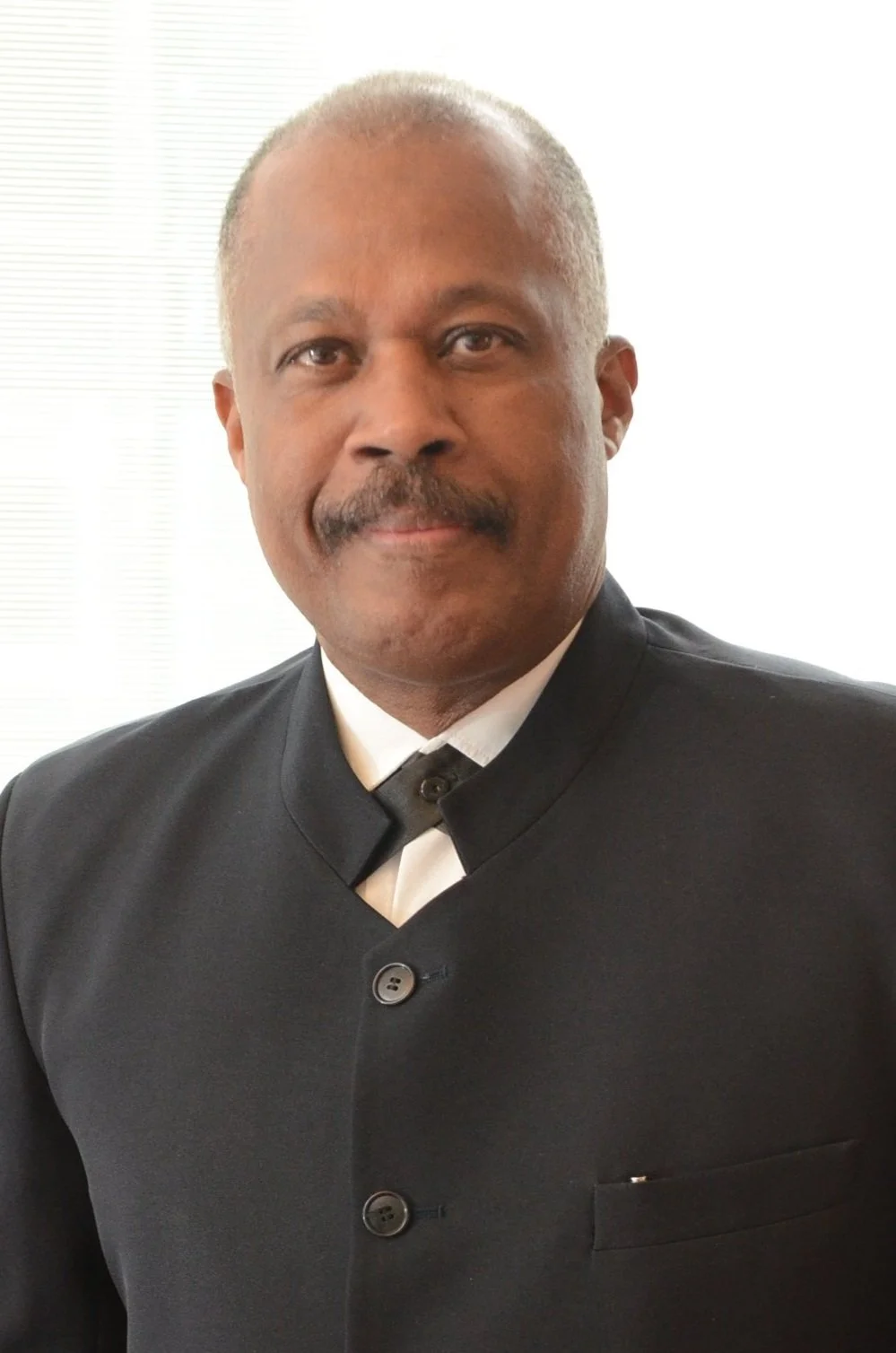The Caribbean is entitled to a development plan and support from Britain, says Sir Hilary Beckles
March 22, 2022
University of the West Indies (UWI) Vice-Chancellor Sir Hilary Beckles has made it clear that the Caribbean is entitled to a development plan and support from those who have extracted the region’s wealth.
“Britain systematically suppressed and subverted every significant indigenous effort for social justice, economic access and, later, economic development,” he said at the launch of his new book, ‘How Britain Underdeveloped the Caribbean: A Reparation Response to Europe’s Legacy of Plunder and Poverty’ on February 25. “It’s for the British state now to accept that it has to transition from the public denial of this debt to acknowledging it and returning to the Caribbean as a development partner for this region.”
The Caribbean Community Reparations Commission Chair said the book combines two concepts.
“The concept of economic underdevelopment and that of reparatory justice and to forge a narrative that says economic development and the transformation associated with that can be driven by a reparatory justice process which is really an investment initiative in laying the infrastructure and foundations for development,” Beckles explained. “It is a book that looks into the future, one that illustrates my rage with poverty and it is an attempt to focus on what we have done in the last 60 years.”
The launch comes in the same year that Jamaica and Trinidad & Tobago are celebrating 60 years of independence from Britain.
“In many ways, it reflects the fact that we have done well in converging this horrendous colonial situation into nation states that are viable, democratic by impulse and we have every reason to be proud of what we have achieved,” said Beckles who also authored ‘Britain’s Black Debt: Reparations for Caribbean Slavery and Native Genocide. “However, what we have been doing has simply been, so far, cleaning up the colonial mess that we have inherited. This book then looks to the post-COVID economic development frontier. It seeks to contribute to the narrative, the call for a new world economic order in which there is real hope and opportunity for developing countries, especially those that are post-colonial.”
Amid the growing conversation of a new World Economic Order that includes a call for social justice and a level playing field, Beckles said the book makes a statement that Caribbean leaders have a special responsibility to argue the case for this new global economic order in which there can be social justice for humanity.
“By calling for a development program within the reparatory justice paradigm is not to expose yourself to the notion of abandoning self responsibility,” he pointed out. “I believe that the best way to express that self-responsibility is to argue the case for justice, equality and the kind of development framework that will best suit all developing countries.”
The new publication comes 50 years after the launch of ‘How Europe Underdeveloped Africa’ and ‘Persistent Poverty: Underdevelopment in Plantation Economies of the Third World’ by the late Drs. Walter Rodney and George Beckford respectively.
Beckles had a close relationship with Rodney who died in June 1980. He was a graduate research student in UWI’s History Department when Rodney was a faculty member in 1968. They also received their PhDs at age 24.
Dr. Patricia Rodney said the work shows Sir Hilary’s recognition, much like her late husband, that useful scholarship is imprisoned in the ivory towers of European-style universities and Eurocentric education.
“As a Black scholar activist, this work is a way of untangling and providing a new understanding of our past to inform everyday struggles and chart our future,” the Morehouse School of Medicine Adjunct Professor said. “It reveals Sir Hilary’s commitment and direct involvement in the task of political liberation and advancement.”
Dr. Verene Shepherd, the Director of the Centre for Reparation Research at UWI, said the book is ‘a powerful and timely masterpiece’.
“This along with ‘Britain’s Black Debt’ and ‘Barbarity Time’ (The First Black Slave Society: Britain’s ‘Barbarity Time’ in Barbados, 1636 to 1876’), expertly showcases the indecency of colonialism, the brutality of its implementers, the agency of its victims, the lingering legacies of colonial-era ideologies and the roadmap for redress that we the descendants must use,” the historian added.
The book, said UWI’s Higher Education, Leadership & Management Specialist Dr. Luz Longsworth, is extraordinarily accessible and alluring,
“It draws you in akin to a Netflix binge worthy series where you cannot just put it down until it is over,” the former UWI Press Chair said. “And although we know the basic story of our past, it is the drama behind the scenes that he pulls out and opens our eyes which makes this such an amazing revelation to those of us who did not have the privilege of studying history. It’s not just not a story. It is about linking the economic, historical and future discourse of this region. It is the moment when a call to action is important. This is just not a recording of the past, but a clear understanding of the past and how we must now reshape the future. We understand that the struggle in this long century must now intensify.”
Dr. Rupert Lewis said the book provides the most cogent explanation of how the British government systematically set out to make the short-lived West Indian Federation and independence for the Caribbean fail.
“It is a powerful appeal for reparative justice that deserves wide readership,” the UWI Professor Emeritus pointed out.
Lewis challenged young scholars to critically engage with this work and not be intimidated by Beckles.
“They will make comments privately because they are afraid to talk publicly,” he said. “This is one of the saddest things I have seen about this institution compared to my generation. Come out, read the book and criticize it.”






